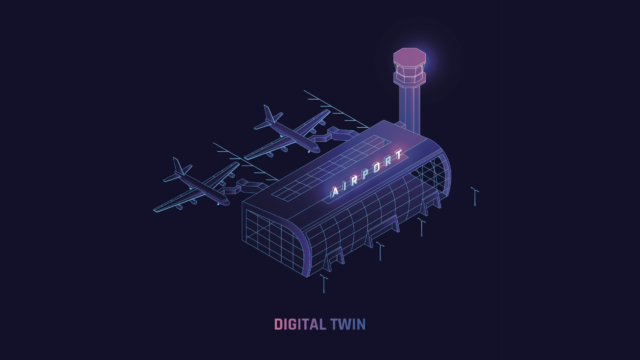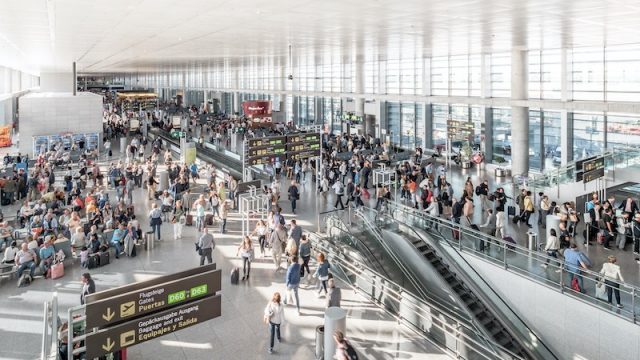 Article
ArticleAirline Rule Management
In the dynamic aviation industry, effective management of crew planning rules is essential for maintaining compliance, optimizing operations, and ensuring the safety and well-being of crew members. Airlines face the ongoing challenge of integrating and updating complex rules derived from regulatory requirements, union agreements, and operational guidelines. A structured, centralized approach to managing these rules […]
 Article
ArticleAirline Disruption Management
In today’s fast-paced world, disruptions in air travel are inevitable and can have significant impacts onairlines. From unexpected technical issues to unforeseen weather events – the list of potential disruptions is endless. However, amidst these challenges lies an opportunity: our innovative disruption management system, Orbit. By integrating cutting-edge technology and mathematical optimization, Orbit offers a […]
 Article
ArticleImplications of the E.U. Artificial Intelligence Act (AIA) on Video Analytics
Introduction to video analytics and regulations With the rapid advancement of AI systems, the technical possibilities in the field of video analytics (VA) are expanding. Alongside progress in applications for operational efficiency as well as for security and safety, M2P is closely monitoring the legal landscape ensuring data protection. To establish regulations for AI systems […]
 Article
ArticleWhy Digital Twins fail… and how to achieve actual benefits
Digital Twin has become a buzzword that is utilized to describe a large range of IT initiatives within airports and organizations in general. There are some great examples of how they can support operational and production processes, but there exist also numerous examples where organizations simply start and struggle. To obtain success it is crucial to understand what a Digital Twin entails and which pre-requisites you will need.
 Article
ArticleWhy Technical Control Centers need to contribute to Smart Airport Operations
Three major factors that require airport operators to constantly examine and optimize their technical departments for operational success and why you should take on these challenges at your technical control center.
Technical Control Centers need to contribute to Smart Airport Operations!
 Article
ArticleIn 2022, Airports must own their digital destiny
Just when everything looked like the long-awaited recovery for aviation was finally starting to pick up steam, “the Virus” had other ideas. But whilst the industry was hit hard in about all facets of businesses, one silver lining may be its effect on digitalization. Ahead of the holiday break, we look at how airports can utilize this to gain competitive advantages in 2022.
 Article
ArticleThe Future of Crew Sourcing and Training
Which trends will influence pilot demand and how can the airline industry prepare? If we fade out the corona pandemic for a moment and recall the news about pilot shortage from two years ago, the picture was clear and transparent
 Article
Article2021 Airport Covid Outlook – Three Key Trends that Will Shape a Better Rebuild
Covid-19 has brought aviation to it’s knees. However, in the early days of the pandemic almost a year ago, we knew much less about the virus’ propagation behavior and potential countermeasures than we do today.
 Article
ArticleHow do Technical Innovations Increase Access Control Systems Efficiency?
Access Control Systems (ACS) play a key role in regulating who gains access to secure buildings as well as high security areas such as airports, hospitals, universities, and production plants.
 Article
ArticleControl Center Optimization – The Pivot of Technical Service Quality and Efficiency
Technical Control Centers may not be the first thing that comes to mind when thinking of integral parts of operating an airport, but they play a vital role behind the scenes.
